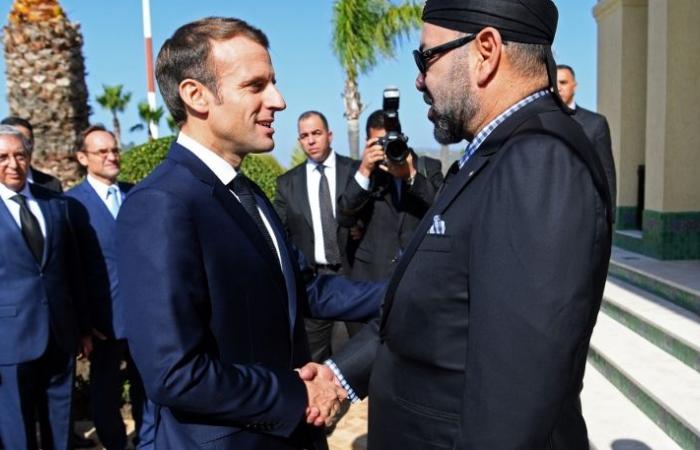
At the end of July, France officially recognized the Moroccan nature of the Sahara. In a message addressed to King Mohammed VI which commemorates the 25th anniversary of his enthronement, French President Emmanuel Macron said he considered “that the present and future of Western Sahara fall within the framework of Moroccan sovereignty”. He assured the Moroccan sovereign of “the intangibility of the French position on this national security issue for the kingdom”. France “intends to act consistently with this position nationally and at the international level,” he added.
Nearly two months later, French companies are benefiting from Paris’ change in position on the Sahara issue. “France clearly has the wind in its sails again,” says a French company manager present on site, on condition of anonymity, to the Figaro. He claims to have observed this during recent calls for tenders won in Morocco by French companies.
To read: Recognition of the Moroccan Sahara: what does France gain?
The ONCF strategic project management assistance contract for the extension of the High Speed Line to Marrakech was awarded to the Egis-Systra-Novec consortium, led by the French Egis Rail. The latter won this market by offering 1.385 billion dirhams ahead of Ineco (1.309 billion dirhams), or almost 80 million dirhams more. The group specializing in construction and infrastructure Sade-CGTH won a call for tenders for a water network connection project in Dakhla.
“There will surely be a development and acceleration of economic cooperation between countries, particularly in the Moroccan Sahara,” believes the president of the Morocco-France friendship group in the Moroccan Senate Mohamed Zidouh. French entrepreneurs do not hide their happiness at seeing Rabat and Paris come closer. Large Moroccan economic players are “starting to knock on our door again” for partnerships in the country, testifies a French entrepreneur on condition of anonymity. “We had been keeping a low profile for two years. […] It was not in our interest to highlight our nationality,” confides Étienne Giros, president of the French Council of Investors in Africa (Cian).
To read: French recognition of the Moroccan Sahara: what now?
“In terms of public procurement, over this period, it was perhaps a little more complicated,” notes Jean-Charles Damblin, director general of the French Chamber of Commerce and Industry of Morocco. Overall, “we have (however) not seen a marked slowdown” in economic relations due to the diplomatic tensions of recent years, he assures. This is evidenced by trade which reached a record of 14 billion euros last year.
France is the leading foreign investor in Morocco with almost all of the companies in the CAC 40 stock index represented in the kingdom, and 1,000 French subsidiaries, notably construction and assembly factories (automobile, aeronautics), while that the kingdom is the leading African investor in France, with direct investments increasing from 372 million euros in 2015 to 1.8 billion in 2022, it is specified.





